Dan King, Entrepreneur and athlete
Brett Champion, Science Teacher, Prep Academy
Ephraim Milton, Outreach and Education Coordinator, Love My Air at the Department of Public Health & Environment
Bonnie Trowbridge, Executive Director, Drive Clean Colorado
Michael Silverstein, Executive Director, Regional Air Quality Council
Dan King
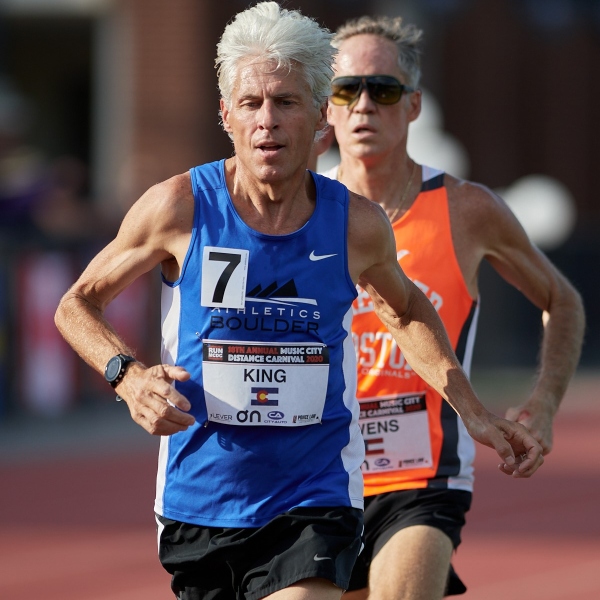
Dan King was a co-founder of Ecovate Inc (dba ReadyTalk) in 2000 and remained its CEO through 17 years of bootstrapped growth until the company was sold to PGi in 2017. Under Dan’s leadership, ReadyTalk was repeatedly recognized by CoBiz Magazine and Outside Magazine as a Best Company to Work for. In 2008 Dan and his brother Scott were recipients of the Ernst and Young Entrepreneur of the Year award for the Rocky Mountain region.
Dan is a long-time Colorado resident and received his BS degree in Chemical Engineering and an MBA from the University of Colorado in Boulder, where he also lettered in track and cross country. Dan is still a competitive masters runner. Since turning 60, Dan set seven American age group records covering distances from 1 mile to 1 hour, including breaking the world record for the mile with a time of 4:49 at the age of 61.
Dan is currently mentoring students, entrepreneurs and business leaders in the Boulder/Denver area. Outside of work interests, Dan loves spending time with his wife and two daughters, and enjoying the great CO outdoors!
Brett Champion
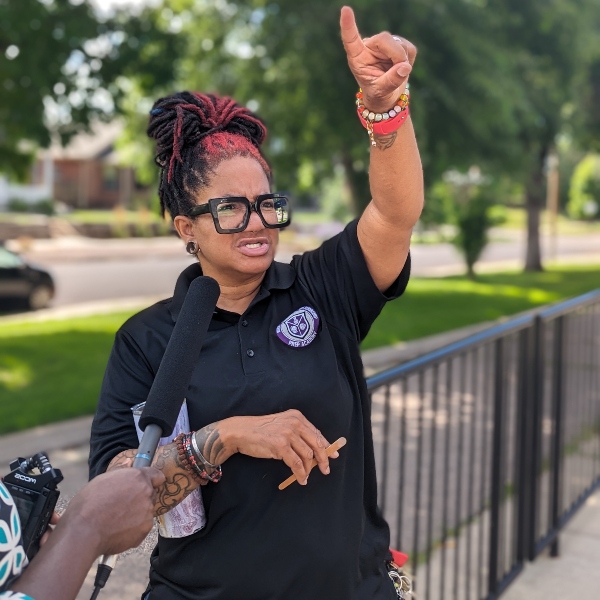
Ephraim Milton
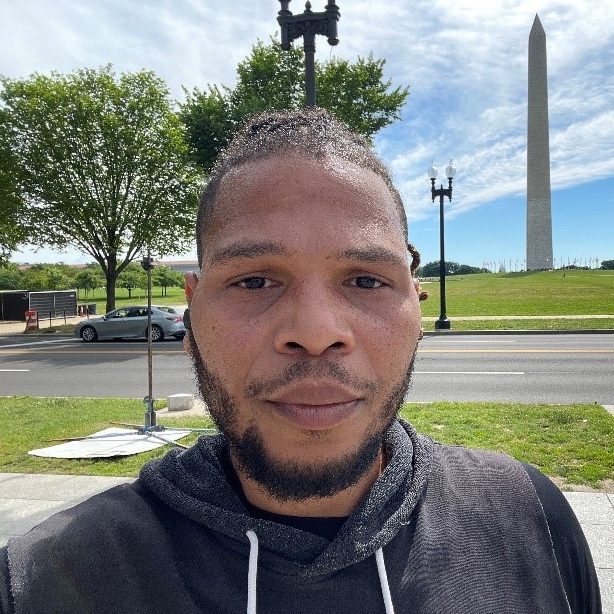
Ephraim Milton has worked for Denver Department of Public Health and Environment (DDPHE) since 2020 and has been the Outreach and Education Coordinator for the Love My Air Program. Before working for DDPHE, Ephraim worked in Virginia’s Fairfax County Schools, working with special needs students for 15 years. After moving to Colorado, he worked for the state’s Youth Services for two years mentoring and coaching youth. While working for the Love My Air program, Ephraim has helped his team and DDPHE with continued outreach and engagement with local community groups, DPS, and local clinics. He is a strong advocate for our communities and wants to empower people by introducing them to Love My Air and providing resources and information so they can make informed decisions.
Bonnie Trowbridge
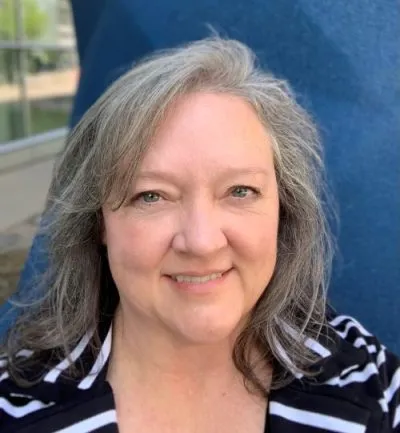
Bonnie is the Executive Director of Drive Clean Colorado where she leads the charge toward achieving breathable air for everyone by advancing clean transportation and equitable mobility. Bonnie brings a deep knowledge of the market – from consumer EVs to alternative fuels to heavy-duty manufacturers and fleets, and a comprehensive understanding of the vehicle incentives arena across the U.S. – to her role. She is the co-chair for the Women of EVs Front Range chapter, and is a Board member of the Colorado Department of Transportation’s Transit Enterprise Board. Her past experience includes nonprofit development and fundraising, grant writing and management, and events management, and she spent 11 years in public relations and marketing for Lightning eMotors, manufacturer of electric powertrains for medium- and heavy-duty buses and trucks. Her experience includes program management for CALSTART, a non-profit organization working to commercialize clean and efficient transportation solutions, where she led events such as a California policy summit, industry leader workshops, and utility engagement programs; and work she has worked as a development director for nonprofits in Denver and Washington, D.C.
Michael Silverstein
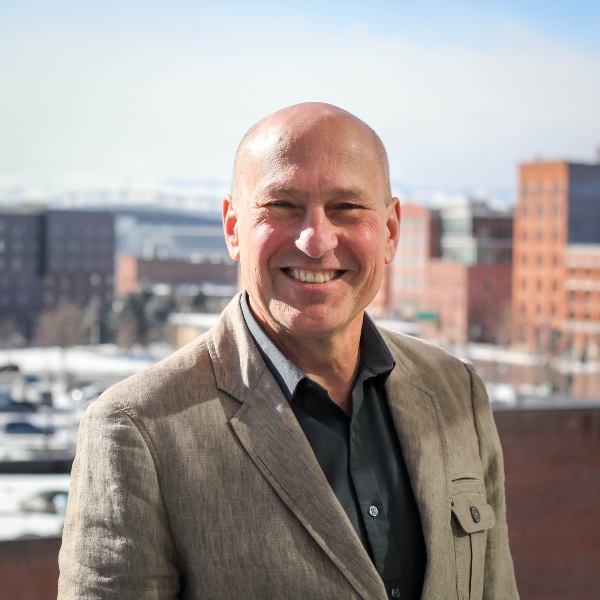
Michael Silverstein is the Executive Director of the Regional Air Quality Council which serves as the lead air quality planning organization for the Denver metropolitan area and the Denver Metro/North Front Range Ozone Non-Attainment Area. Mike’s primary area of expertise is in air quality planning, which involves working with industry, government agencies and citizens to develop approaches for improving air quality and managing environmental initiatives.
Previous to his work for the Council, Mike served as the Administrator and Technical Secretary for the Colorado Air Quality Control Commission, the Colorado Solid and Hazardous Waste Commission, and the Southern Ute Indian Tribe/State of Colorado Environmental Commission from 2011 through mid-2018. Mike coordinated the activities of these Commissions and advised the Colorado Department of Public Health and Environment on air quality matters. Mike began working for the State in 1992 as an air quality planner for the Colorado Air Pollution Control Division and became the Division’s deputy director and manager of planning and policy in 2004. Previous to his work for the State, Mike was an environmental scientist with the U.S. Environmental Protection Agency’s Region 8 offices in Denver from 1986 to 1992. Mike also has worked as an environmental consultant in Florida and with the U.S. Forest Service in Colorado. Mike holds bachelor’s and master’s degrees in Geography from the University of Colorado, Colorado Springs and Boulder campuses.









